By Ugo Inyama
Nigeria has a habit of letting promise rot. Onne Seaport should have been one of the nation’s greatest maritime success stories, a deep water hub linking the Gulf of Guinea to Africa’s trade heartland. Instead, it stands as a monument to neglect, a world class port slowly strangled by shallow waters, broken roads, and bureaucratic drift. In Nigeria, ports do not die of age, they drown in mismanagement.
Onne, in Rivers State, sits on one of West Africa’s finest natural harbours. Designed as a multipurpose terminal for oil, gas, and general cargo, it was meant to anchor Nigeria’s industrial rise. Its oil and gas free zone, the first in Africa, once drew global attention as a magnet for jobs and investment.
Today, that promise is fading. Onne handles offshore logistics and container operations through concessionaires such as the West Africa Container Terminal (WACT). Yet shipping giants like Maersk and CMA CGM rarely call at full capacity. The reason is simple: the Bonny Channel, Onne’s lifeline to the Atlantic, is too shallow for modern vessels.
The Dredging Deficit
In the maritime world, dredging is destiny. Without it, even the best port becomes a puddle. The Bonny Channel needs constant maintenance to stay navigable, yet in Nigeria dredging is treated as a political ritual rather than a technical routine.
Official hydrographic surveys put Onne’s current controlling depth between 10.6 metres and 11.4 metres according to 2020 to 2021 NPA data, while modern container ships require 13 to 15 metres. That gap decides who docks, who diverts, and how much importers pay. Billions of naira have been poured into dredging contracts that vanish into silt and silence. The Bonny Channel Company, tasked with the job, has long faced criticism for opacity and under delivery. The channel keeps filling, while efficiency and accountability keep sinking.
When ships cannot berth fully loaded, they offload elsewhere. Containers meant for Onne end up in Lagos, Cotonou, or Tema, then are trucked back across states, regions, and borders, piling huge pressure on Nigeria’s fragile road network. It is an expensive absurdity that punishes businesses, increases road accidents, and diverts trade to better managed West African ports. Yet the deeper problem remains unaddressed, the neglect of viable ports outside Lagos.
The Cost to the Economy
This is not just about dredging; it is about economic waste. Because large vessels bypass Onne, smaller feeder ships take over at higher cost. Freight rates rise, turnaround times lengthen, surcharges pile up, and ordinary Nigerians foot the bill as businesses pass on the cost.
For the oil and gas sector, delays mean downtime and lost millions. For consumers, it means costlier goods from Aba to Abuja. Every inefficiency multiplies across the economy. The National Bureau of Statistics estimates that Nigeria loses billions each year to port inefficiency, and Onne is a major casualty of that waste.
The Federal Government recently approved one billion US dollars to refurbish the already congested Tin Can and Apapa ports in Lagos, a welcome move but one that has failed to channel corresponding investment to Onne, Warri, or Calabar. Instead of easing congestion and diversifying opportunities, such spending on Lagos ports only deepens dependence on a single overstretched corridor. Lagos is already choking, its traffic management near collapse. Yet Abuja’s latest port revamp plan risks tightening that chokehold.
Neighbours That Got It Right
Elsewhere, West African peers have moved on. Cotonou, Lome, and Tema now handle Panamax and post Panamax vessels, deep, efficient, and investor friendly. They have become regional magnets for cargo that once came to Nigeria. Geography gave Nigeria the advantage; governance and management are giving it away.
Even when ships manage to berth, the road out of Onne tells another sorry tale. The Onne Port Harcourt Aba highway is a nightmare of potholes, gridlock, and extortion points. There is no rail link, so every container crawls inland by truck through chaos and insecurity. Without reliable connections, a port becomes a parking lot. Onne’s isolation from Nigeria’s industrial belt has reduced it to a storage yard instead of a trade hub. Infrastructure without integration is infrastructure wasted.
Centralised Control, Local Paralysis
Onne’s other burden is bureaucracy. The Nigerian Ports Authority keeps every port under tight central control. Local managers cannot approve dredging, adjust tariffs, or act swiftly without clearance from Lagos or Abuja. It is a system that rewards obedience, not performance.
Other countries decentralise to compete; Nigeria centralises to stagnate. The result is predictable: while others innovate, Onne waits for permission. Give the port autonomy and it will attract investment, improve efficiency, and drive growth. Keep it chained to the centre, and it will keep sinking, literally and administratively.
What We Can Change
Unlocking Onne’s potential does not require miracles, just management.
- Make dredging continuous, not ceremonial. Pay for depth achieved, not contracts signed.
- Open the Bonny Channel books. Publish performance data; the sea never lies.
- Connect Onne by rail. A Port Harcourt – Aba – Enugu- Kano line would transform logistics.
- Grant ports real autonomy. Competition breeds competence, not chaos.
- Secure the corridor. Use naval patrols and community partnerships. Confidence fuels commerce.
A Port Too Important to Fail
Onne is not just another seaport, it is a strategic national asset. It serves Nigeria’s most critical industry, sits on a natural deep water harbour, and connects to some of the country’s most productive regions. Managed properly, it could rival Tema or Durban as West Africa’s logistics powerhouse.
But potential means nothing without performance. You can have the cranes, the terminals, and the investors, but if the water is shallow, nothing moves.
Onne mirrors Nigeria itself, rich in promise, poor in execution. It does not need ribbon cuttings or new committees; it needs dredgers that work, roads that connect, and managers who can act without waiting for Abuja. Until dredging becomes routine, transparency becomes habit, and autonomy becomes law, Onne will remain a deep port only on paper, and a shallow one in practice.
In the maritime world, depth defines destiny. For Nigeria, it is leadership, not water, that determines how deep we truly are.
*Ugo Inyama writes from the African Digital Governance Centre, Manchester, United Kingdom.
www.africandgc.org



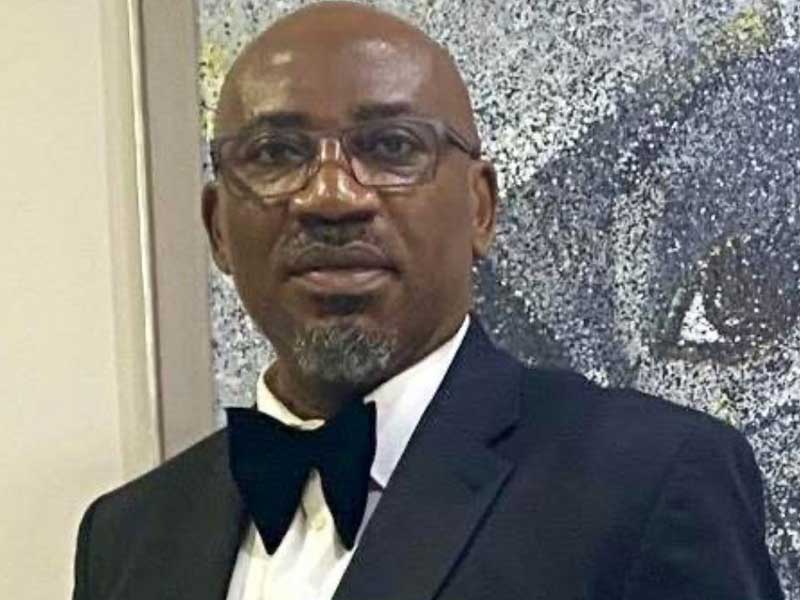
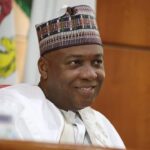

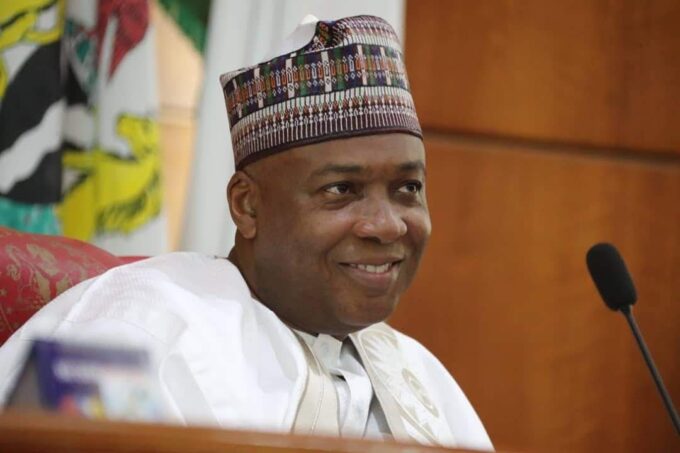
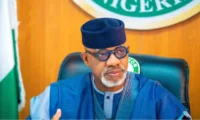
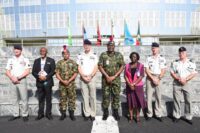


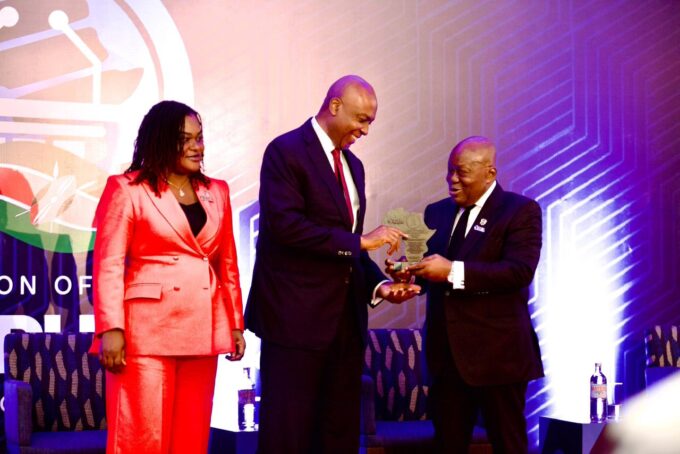




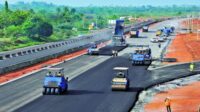
Leave a comment